What Does a Basic Health Screening Include?
Last updated: Dec 17, 2025
Many Singaporeans undergo regular health check-ups,
but do you know what tests are actually
included?
Health screenings play an important role in catching health issues early, so understanding
what they cover can help you make informed decisions about your health. In
this article, we break down the common components of health screenings in Singapore.

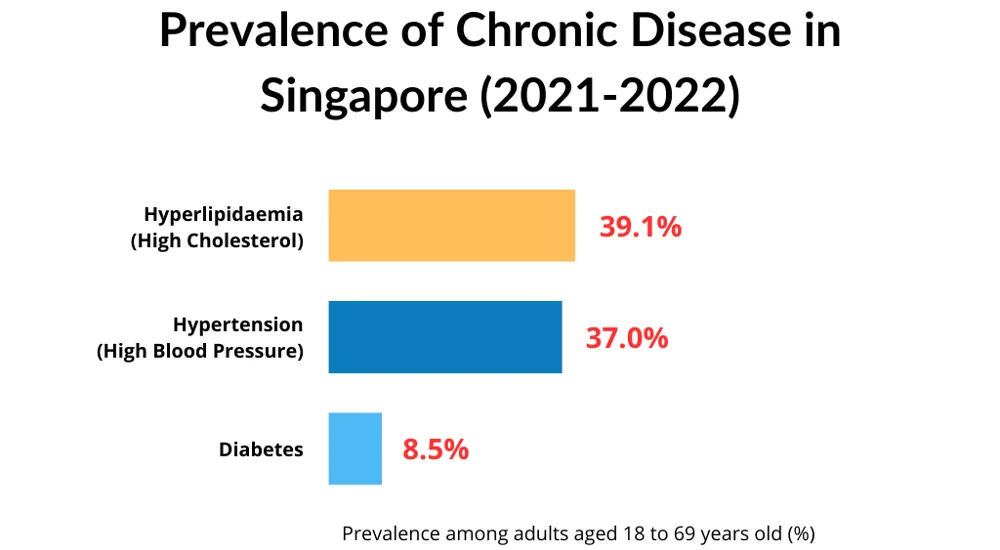
Common Components of Basic Health Screenings in Singapore
Physical Examination
This fundamental part involves a healthcare professional checking for immediate or obvious health concerns. It might include listening to your heart and lungs, and examining your abdomen and other body parts.
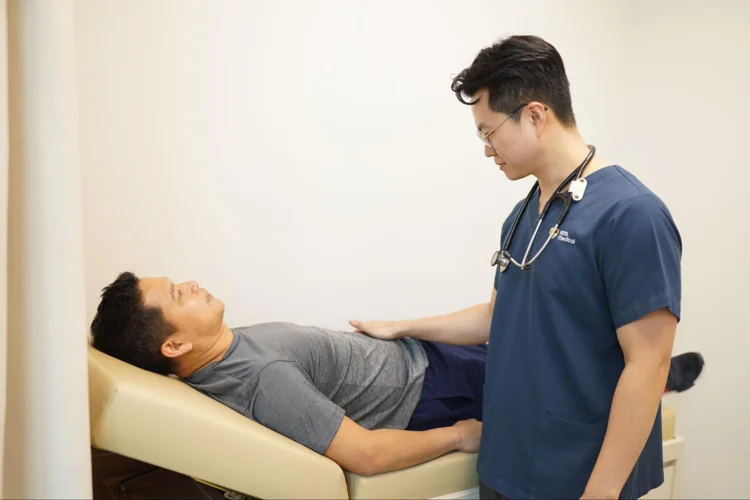
Body Mass Index (BMI)
Body Mass Index (BMI) is a simple
calculation using height and weight to estimate overall body fat which assesses if you are
underweight, normal weight, overweight, or obese. Waist circumference may also
be measured to estimate abdominal fat, which is indicative of central obesity. Combined with
your BMI, these measurements help assess the risk of weight-related diseases such as heart
disease and diabetes and provide a baseline for tracking changes over time.
For more comprehensive body composition analysis, specific tools such as an InBody test
and DEXA scan can
accurately measure muscle mass, fat distribution, water content and bone density. These
tests can provide greater insights into your overall health.
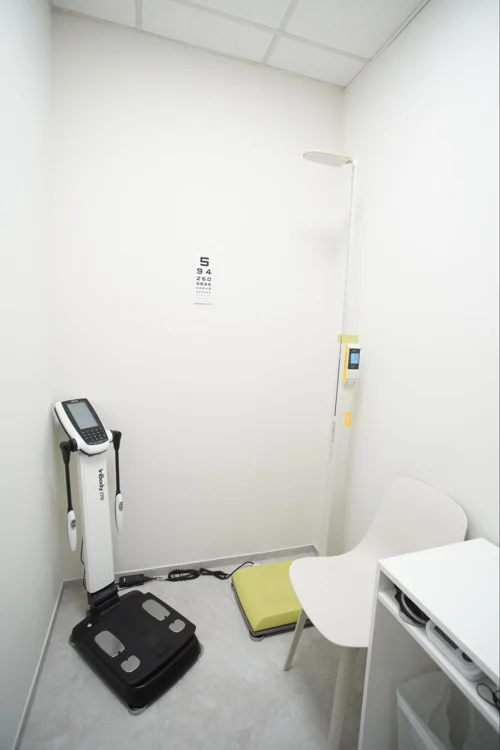
Blood Pressure Measurement
Blood pressure measurement is crucial for detecting hypertension, a condition linked to heart disease and stroke if left untreated. This test uses a cuff to measure the pressure of blood against your arteries.
Vision Test
A vision test evaluates the clarity and sharpness of your eyesight, identifying vision problems that may require corrective lenses or other treatments.
Blood Investigations
Complete Blood Count (CBC)
A broad screening test that checks for disorders like anaemia, infection, and more. It measures red blood cells, white blood cells, haemoglobin, and platelets.
Blood Glucose Levels
Checks the level of glucose (sugar) in your blood, which is important for finding out if your blood sugar is too high (hyperglycemia) or too low (hypoglycemia). This test helps in diagnosing and controlling diabetes.
Lipid Profile (Cholesterol Levels)
Measures cholesterol and triglyceride levels in the blood. High levels can increase the risk of heart disease, so monitoring them is vital for cardiovascular health.
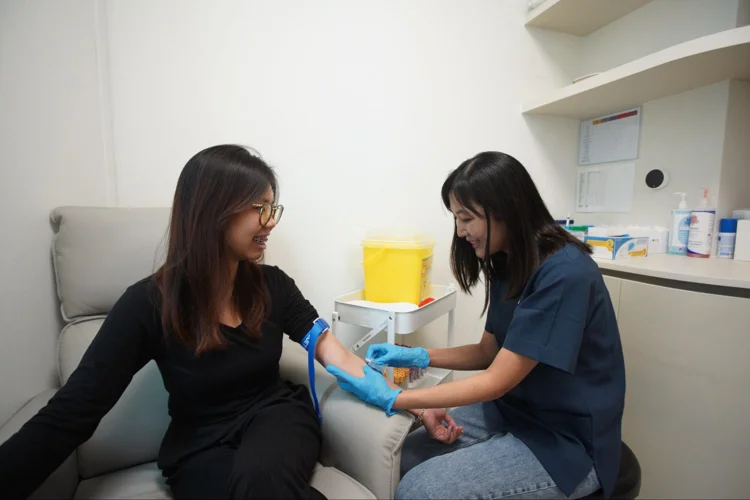
Liver Function Tests
Measures protein, liver enzyme, and bilirubin levels in your blood, to assess liver health.
Kidney Function Tests
These tests evaluate how well your kidneys are working, typically measuring blood urea nitrogen (BUN) and creatinine levels, waste products filtered by the kidneys.
Uric Acid (Gout)
Measures uric acid levels in your blood or urine. Elevated levels can be a risk factor for gout, a type of arthritis, but do not always result in the condition. Other factors, such as genetics, diet, and lifestyle, also play a role. High uric acid may indicate other health issues as well.
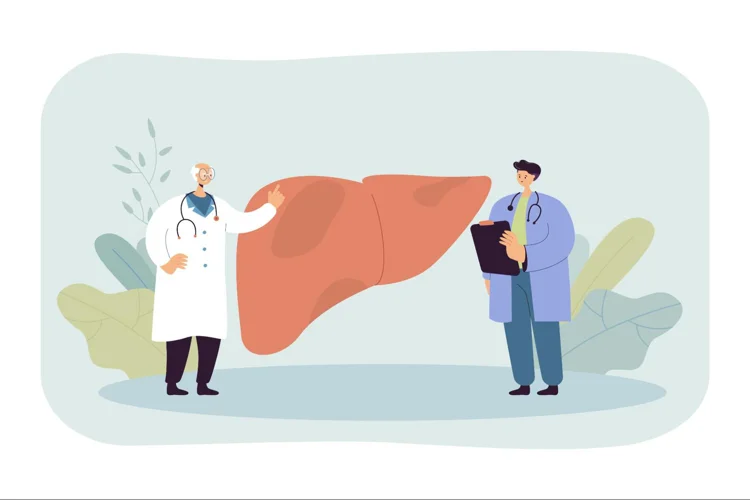
Urine Analysis
Urine Routine Test
Checks for various substances that can indicate diseases such as kidney disorders, liver problems, diabetes, and urinary tract infections.
Urine Microscopy
Examines a urine sample under a microscope to detect cells, bacteria, and other substances that can indicate specific health conditions.
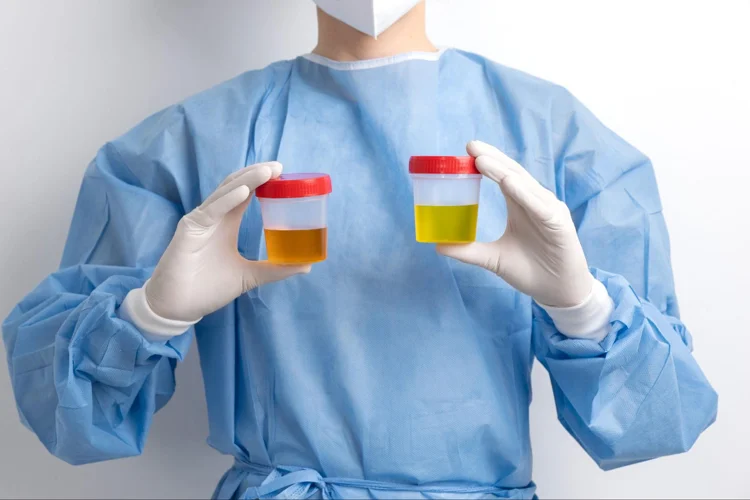
Additional Assessments & Specialised Tests
These specific tests are usually included in more comprehensive screening packages, but can be offered in some basic health screening:
Cardiovascular Health Assessments
Electrocardiogram (ECG)
An ECG records the electrical activity of your heart to detect heart problems like arrhythmias, heart attacks, and other cardiac conditions.
Chest X-Ray
A chest X-ray provides an image of the chest and its organs, including the heart, lungs, and bones, helping diagnose conditions like pneumonia, heart enlargement, and lung diseases.
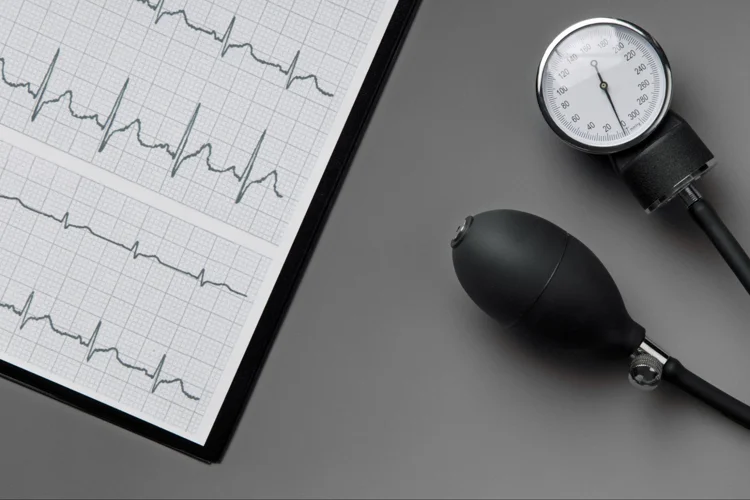
Computed Tomography (CT) Calcium Score Scan
A CT Score Scan uses computed tomography to measure the amount of calcified plaque in your coronary arteries, a risk factor for coronary artery disease.
CT Coronary Angiogram (CTCA)
A CT Coronary Angiogram is a specialised imaging test that provides detailed images of the heart’s blood vessels, effective in assessing the severity of artery blockage and helps to diagnose coronary artery disease.
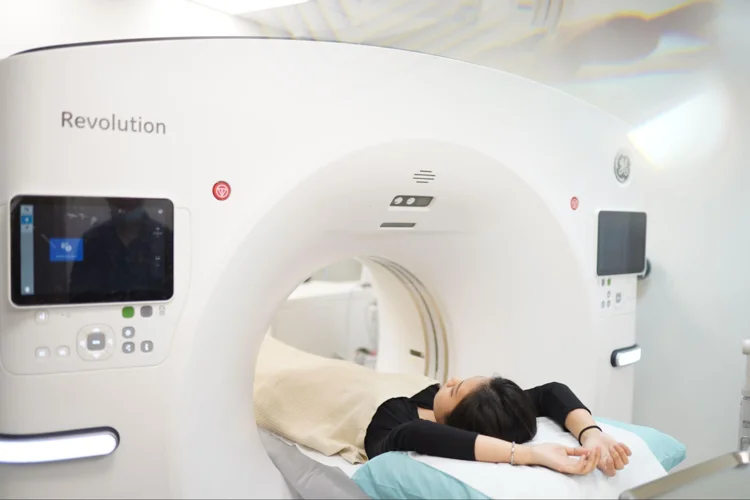
Cancer Screenings
Tumour Markers
Tumour markers are substances in the blood, urine, or tissues that can be elevated in people with cancer. However, elevated levels of tumour markers can also occur in non-cancerous conditions, making them one part of a comprehensive diagnostic approach rather than a definitive indicator of cancer on their own.
Specific Cancer Tests
These involve specific tests aimed at early detection of certain cancers such as colorectal and breast cancer. Early detection of cancer significantly improves the chances of successful treatment.
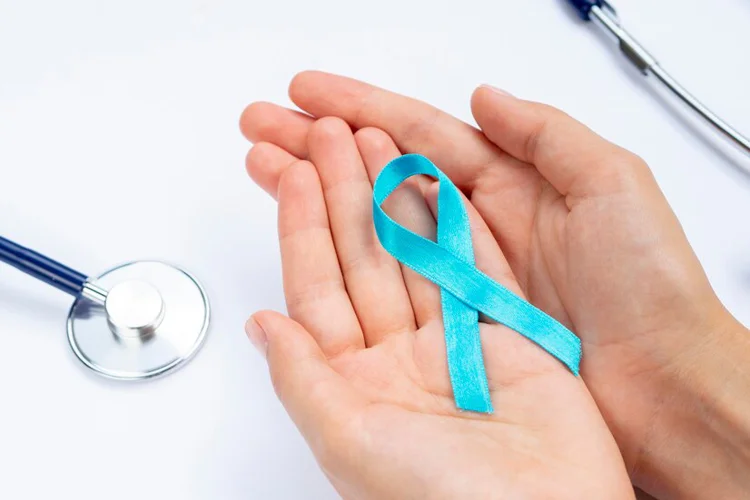
Thyroid Function Tests
Check the levels of thyroid hormones for problems like hypothyroidism or hyperthyroidism.
Hepatitis A, B, C Screening
Detects infections that can lead to liver disease. Early detection is crucial for managing and treating these infections.
Sexually Transmitted Infections (STI) Screening
Some health screening may include tests for infections transmitted through sexual contact such as chlamydia, gonorrhoea and syphilis. Early detection and treatment are important to prevent complications and transmission.
Pre-marital Screening Tests
These tests check for genetic, infectious, and blood disorders that could affect marital health and family planning.

Post-Screening Process
A doctor will explain the implications of each test result and what they mean for your health. They will address any concerns and plan further tests or treatments if necessary. Based on the screening results, they may also recommend lifestyle changes, treatments, or additional tests to manage and improve your health.
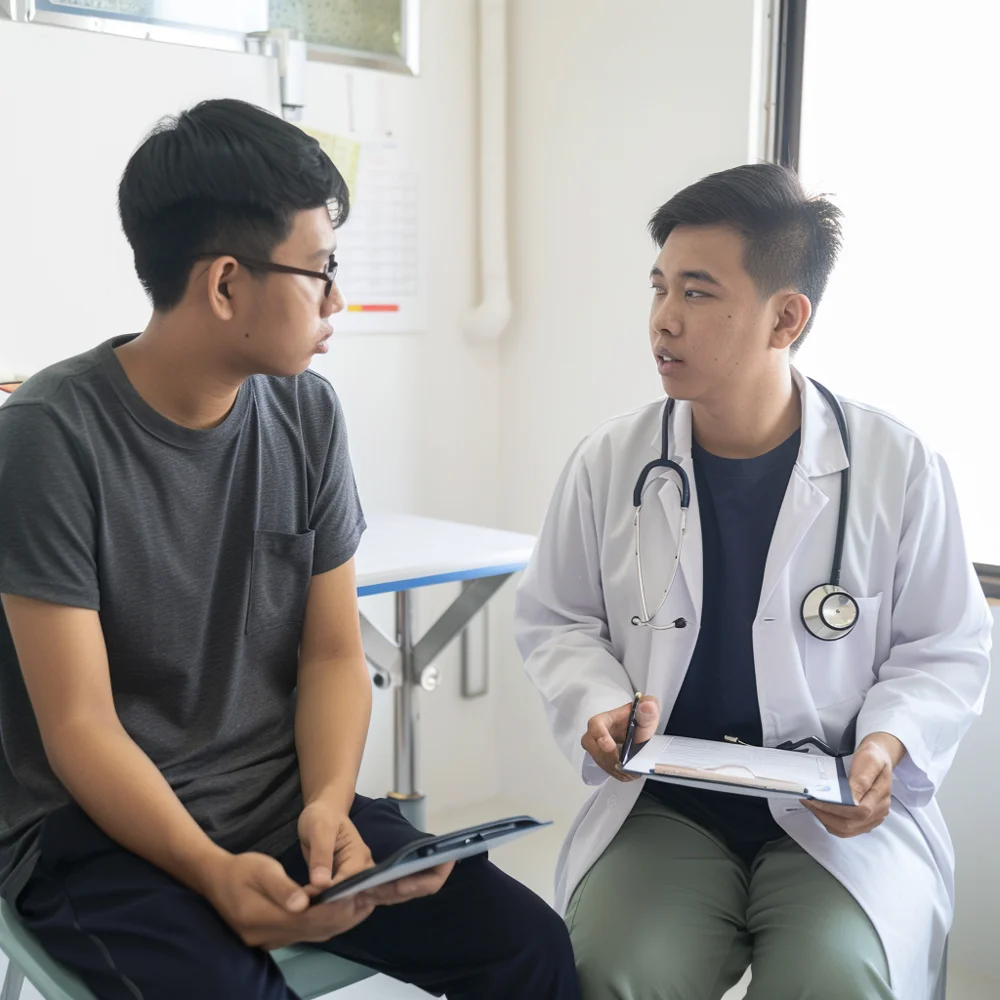
Conclusion
Regular health screenings are essential for maintaining good health and detecting serious conditions like heart disease and diabetes early. Understanding what a basic health screening includes in Singapore empowers you to take proactive steps towards a healthier future. Schedule an appointment with us today to discuss your health screening options and take charge of your well-being.
Why Choose ATA Medical?

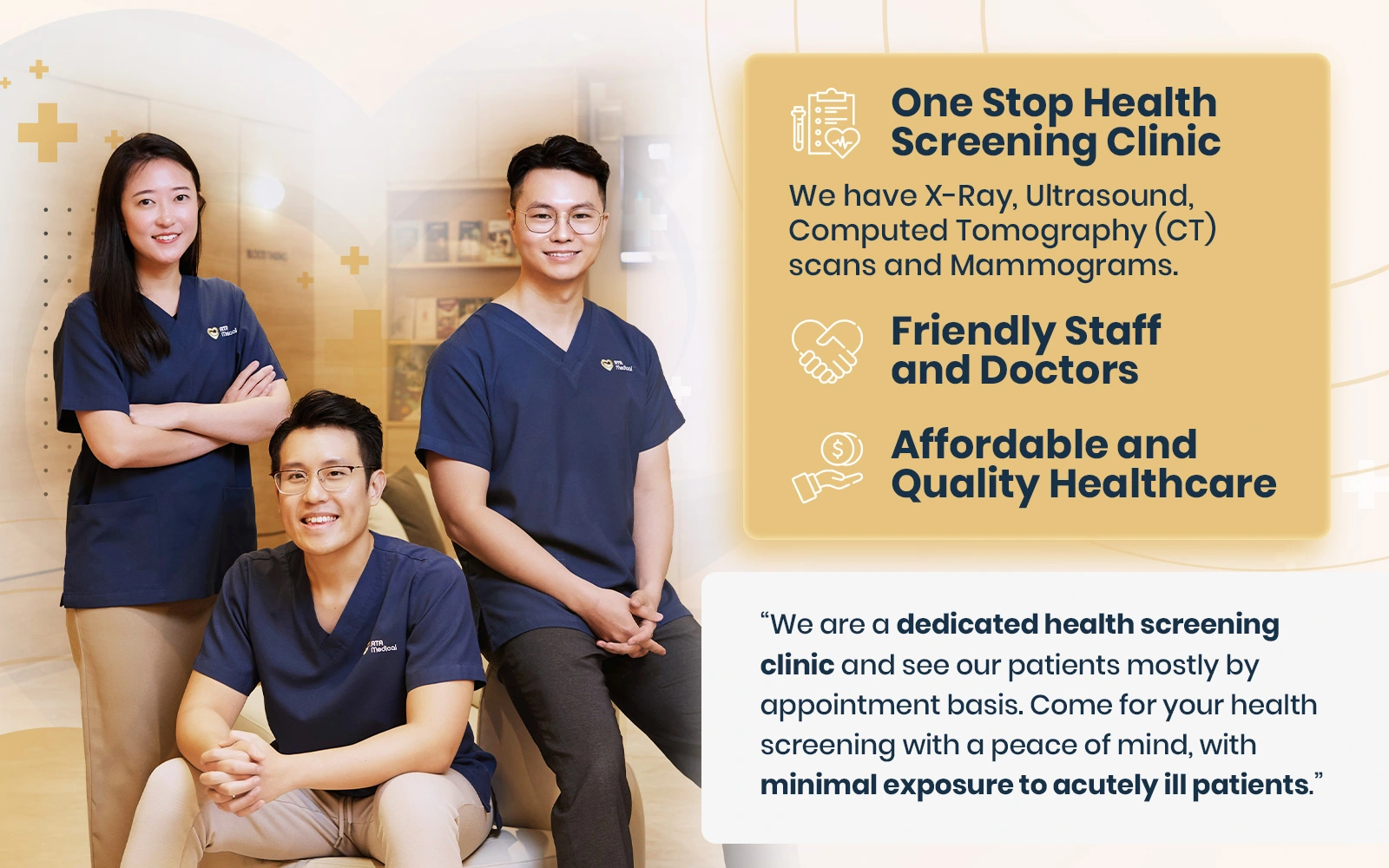






Delivering Care Patients Appreciate
What to Expect
FAST RESULTS
We strive to deliver your results within 7 working days.
MINIMUM WAITING TIME
Our patient-oriented processes ensure your waiting time is kept to a minimum.
Friendly Service
Service is a top priority for us at ATA Medical.
Email Us at camden@atamed.sg for more
information.
Book your health screening with us at 88770326.


